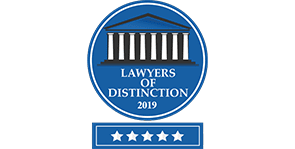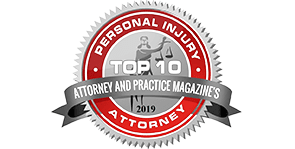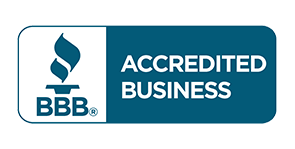Posted On November 27, 2019 Car Accidents
California Car Insurance
This article takes a look at how California law determines financial responsibility in regard to car accidents,
registered vehicles and car insurance, and how these laws work with insurance claims and lawsuits following a car accident.
California determines liability for car accidents in cities like Riverside based on a “fault” system,
where drivers are financially responsible for the effects of any and all accidents that they cause.
For those hurt in an accident, there are few restrictions on pursuing a claim or lawsuit against the responsible driver.
Typically, the injured person can take any of the following actions to seek compensation for losses such as medical bills, property damage, lost income or more:
For comparison, if an accident occurs outside of California in one of the country’s no-fault states, an injured driver usually has to turn to his or her own insurance policy to pay for medical bills, regardless of who caused the crash. In order to seek compensation from the other driver, the injured person must meet certain additional requirements.
Because of California’s laws regarding financial responsibility for crashes, most motor vehicle owners purchase liability insurance coverage, with minimums dictated by state law.
Liability insurance compensates other drivers, passengers and pedestrians who may suffer either personal injuries or property damage in a crash caused by you or anyone else covered under your insurance policy. In California, you must carry at least the following amounts of liability insurance:
Remember, these are minimums. You can (and often should) carry greater coverage to protect you in a worst-case scenario where significant injuries or damage might occur. You must pay out of pocket for any damages that exceed your policy limits.
Liability coverage also takes care of family members driving your own vehicle, as well as people you’ve given permission to drive your vehicle who are outside of your family. It may also cover you if you’re driving a rental car in California, too.
Remember that liability coverage doesn’t apply to your own injuries and vehicle damage. You’ll need additional coverage if you’re in a crash and unable to seek damages from someone else—such as collision coverage.
One last (and important) factor to consider is uninsured/underinsured motorist coverage. This type of coverage protects you if you’re in a crash with a driver who carries no (or not enough) insurance to pay for your medical bills or other losses. While most California drivers are insured, this type of coverage may be your only chance of recovering damages if you’re in a crash with an uninsured driver.
As we said earlier, most drivers comply with California’s requirements for financial responsibility laws by purchasing an insurance policy. However, that’s not your only option. You could also:
The route you choose is up to you, but whatever you do, make sure you’re in compliance—you never want to be involved in a crash as an uninsured driver. For more information, consult with a skilled car accident attorney in Upland today.









© 2022 MONTGOMERY STEELE LAW | ALL RIGHTS RESERVED | disclaimer

